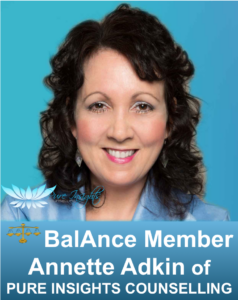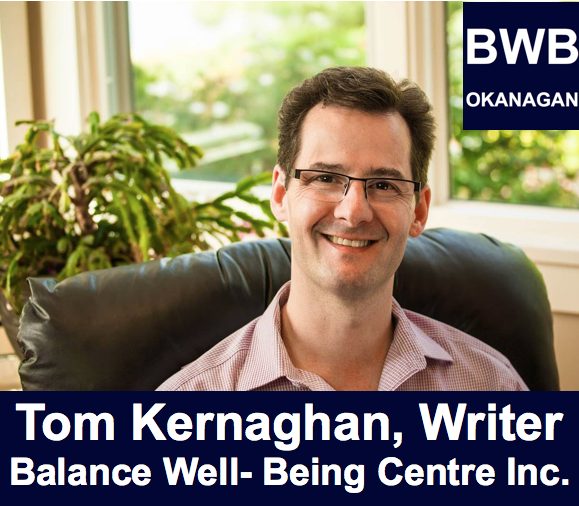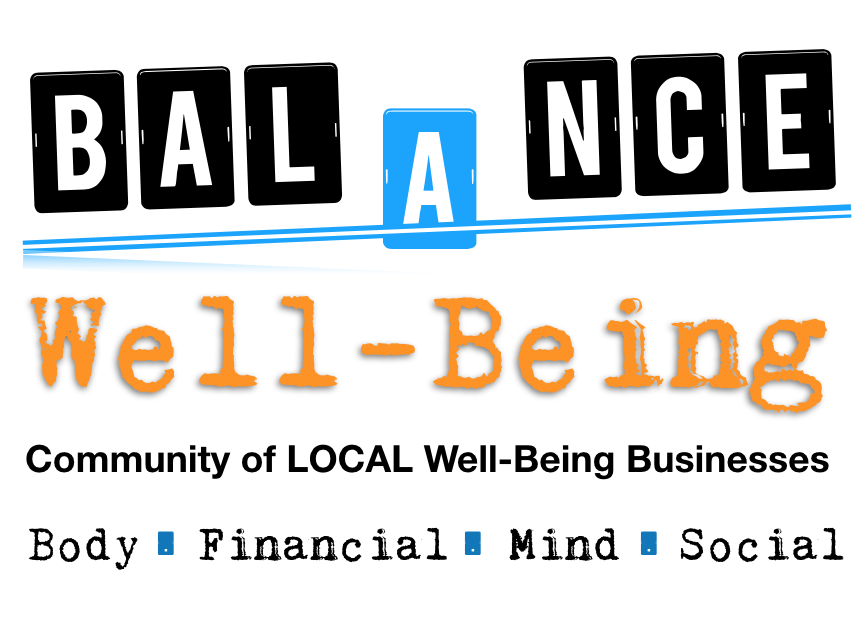 It is never too late to become the person you are capable of being. But what is getting in the way of you reaching your potential? That is exactly what Annette Adkin of Pure Insights Counselling can help you to explore, reveal, and ultimately move through.
It is never too late to become the person you are capable of being. But what is getting in the way of you reaching your potential? That is exactly what Annette Adkin of Pure Insights Counselling can help you to explore, reveal, and ultimately move through.
For 28 years, Annette has been helping individuals, couples, families, and groups explore their stories and create safe places to understand themselves and how they show up in their lives. She knows that none of us gets through life unscathed and we are all trying to recover the parts of ourselves that did not get activated during childhood. We conceal our hurt by developing coping strategies to help us deal with painful experiences. However, life’s painful events are often the catalysts forcing us to get past our old patterns. Annette helps people identify those patterns, deal with their distress, and take steps to create what they truly want in their lives.
Annette is a Registered Professional Counsellor through the Professional Counselling Association. She has studied social work at UBCO and Canyon College, child and youth counselling at Douglas College, as has had training in addictions and trauma at the Justice Institute. She stays current in her field through yearly supervision, training, and workshops. Currently Annette does individual sessions, couples, families and workshops in the community.
We are thrilled she shared some of her insights with us.
First of all, I love your clear and inspiring website! One line that leapt off the screen for me was the “struggle to maintain authenticity, access our abilities and remember our strengths.” So often the our essential selves get lost along the way through life. What happens? Is it taken from us or do we give it away?
Seventy-five percent of our emotional mapping happens before we’re 6 years old. Factors such as how we were corrected, whether we received love and affection, whether both of our parents were available daily, whether we could communicate strong or vulnerable feelings directly to our parents when they upset us, whether we felt significant, and patterns of sameness (we watch our parents and get the download from their family of origin) — these all can play a role in coping strategies and communication patterns, etc.
We learn from our parents and life experiences. Perhaps we had a parent who over-corrected our behaviour, and so later on in our lives when our partner is angry and upset with our behaviour, we turn away from the situation or react to our partner without understanding our wound and how to communicate our emotional truth, or trying to understand each other’s needs based on our histories. While this allows us to avoid in the short term, these strategies get in the way of resolution and keep us from growing and healing in relationships.
If we stay in patterns, life will give us opportunities to grow, so it is helpful to understand our early style of attachment. Our model of early attachment influences how each of us reacts to our needs and how we go about getting them met. In a secure attachment, we are self-possessed and able to interact with others, meeting both our own and another’s needs. However, when there is an anxious or avoidant pattern from our childhood, we can project this onto a partner or we may seek to duplicate similar patterns which end up feeling painful. Counselling is a great place to understand our patterns and find new ways to show up in life.
To a layperson like myself, it may seem that trauma and addiction are different challenges than, say, the feeling of being stuck and sad without an obvious reason. From a counselling perspective, is it helpful to make categorical distinctions, or is each person’s pain and struggle a purely a one-of-a-kind journey?
When someone struggles with an addiction, they have experienced trauma. This term is fairly broad, as it encompasses responses to one-time accidents, natural disasters, crimes, and other violent events. It also includes responses to chronic or repetitive experiences such as ongoing conflicts, blocked communication, child abuse, neglect, battering relationships, and endured deprivation. When people are stuck and feeling sad, this can be related to trauma, but they may just need to explore their histories or current relationships to get some perspective or learn ways to face the difficulties they are going through.
How would you define balance and well-being — broadly or with respect to your work?
Balance and well-being for me is categorized in four areas. One is love and belonging: who loves and supports me, and who do I love and support. Another one is power and recognition, which for me means feeling significant, keeping boundaries, holding our power, following our purpose, and dealing with our feelings of unworthiness or shame. The third one is freedom of choice. We always have daily choices we can make. If there is no self-care, we will feel like a victim, discontented or frustrated. Finally we need to have fun, or what I call “soul care.” This includes exploring what we enjoy and learning how to play. Examples are adventure, friendship and family time, hobbies, etc. When someone struggles with addiction, they are often trying to feel peaceful and at ease, but they haven’t found healthier ways to meet this need for fun and soul care.
In your video, you allude to a story behind your decision to become a counsellor. Would it be fair to say it’s a calling for you? Where did the passion for this path come from?
I laugh because my decision to become a counsellor came from my own dysfunctional patterns from my history. I have had to work on my own family of origin in order to feel like I can be helpful to others. I truly believe that a good counsellor is willing to do their own work and practice what they are teaching. But I also know that I have always been a compassionate person and experience has taught me to be strong, to become a lifelong learner, to take care of my health (issues in the tissues), and, for the most part, to make daily choices that help me stay in a positive frame of mind. When I get off track, I know how to get back on track. The key is to take one day at a time and focus on our daily victories.
As you know, we finish each profile with a fun fact. Is there something personal you’d care to share?
A fun fact about my family history… My grandfather was from the Mauritius Islands. (I called him “Papa” because he was French.) He came from a large and interesting family. His father’s first wife died after having 10 children, so when her sister came over to help with the kids, my great-grandfather married her and together they had 9 more children. So there were 19 children in total, which is crazy! Needless to say, I am sure there were some attachment issues. Lol.
 PHONE (250) 878-7035
PHONE (250) 878-7035
LOCATION
Pure Insights Counselling Services is located in the Lower Mission, in beautiful Kelowna BC.
Tom Kernaghan, owner of Oak Writer 
I write stories about people, businesses, and communities so that people will remember what makes them uniquely powerful.
Tell me your story!
(250) 863-6297
oakwriter.com
